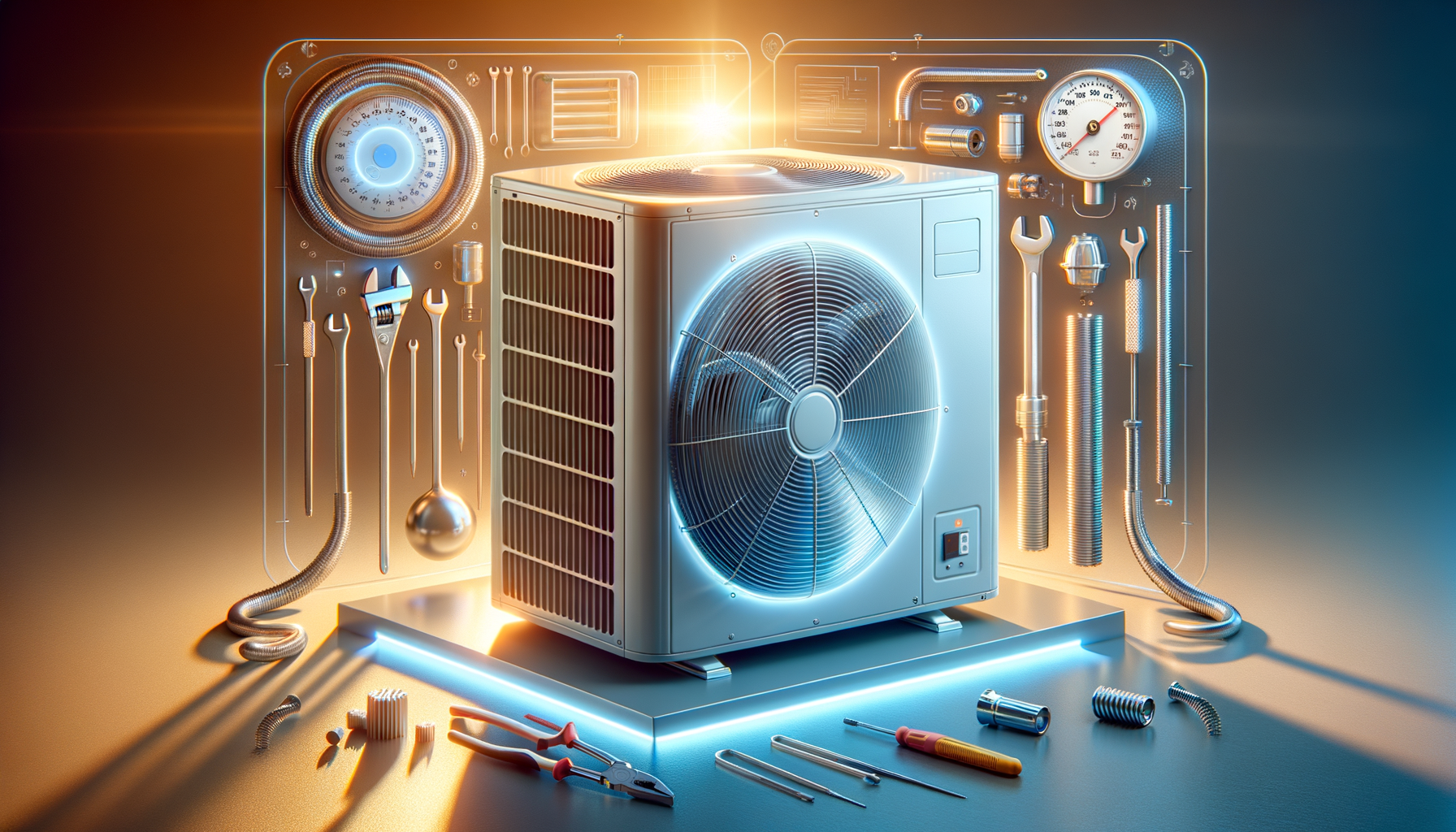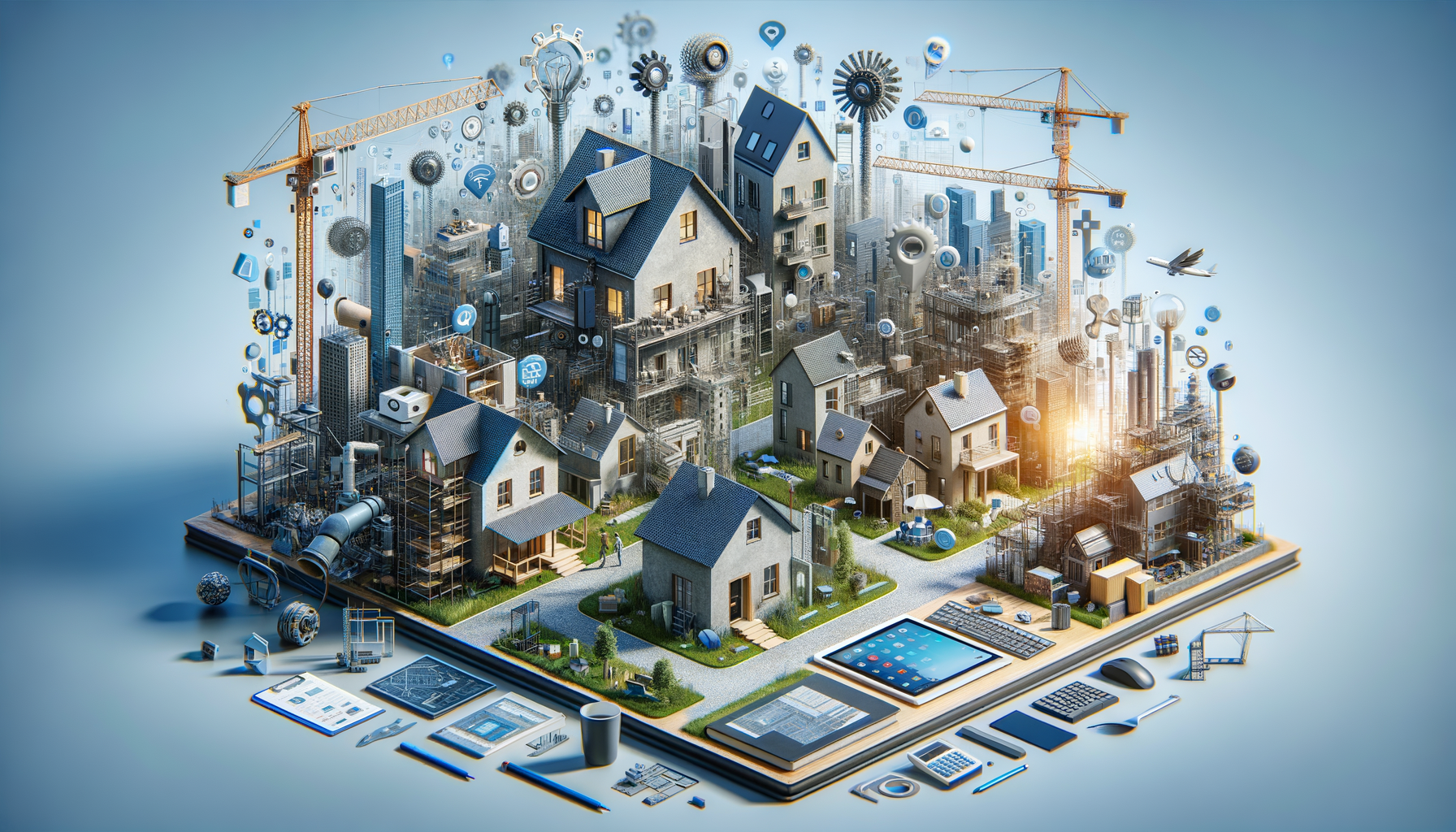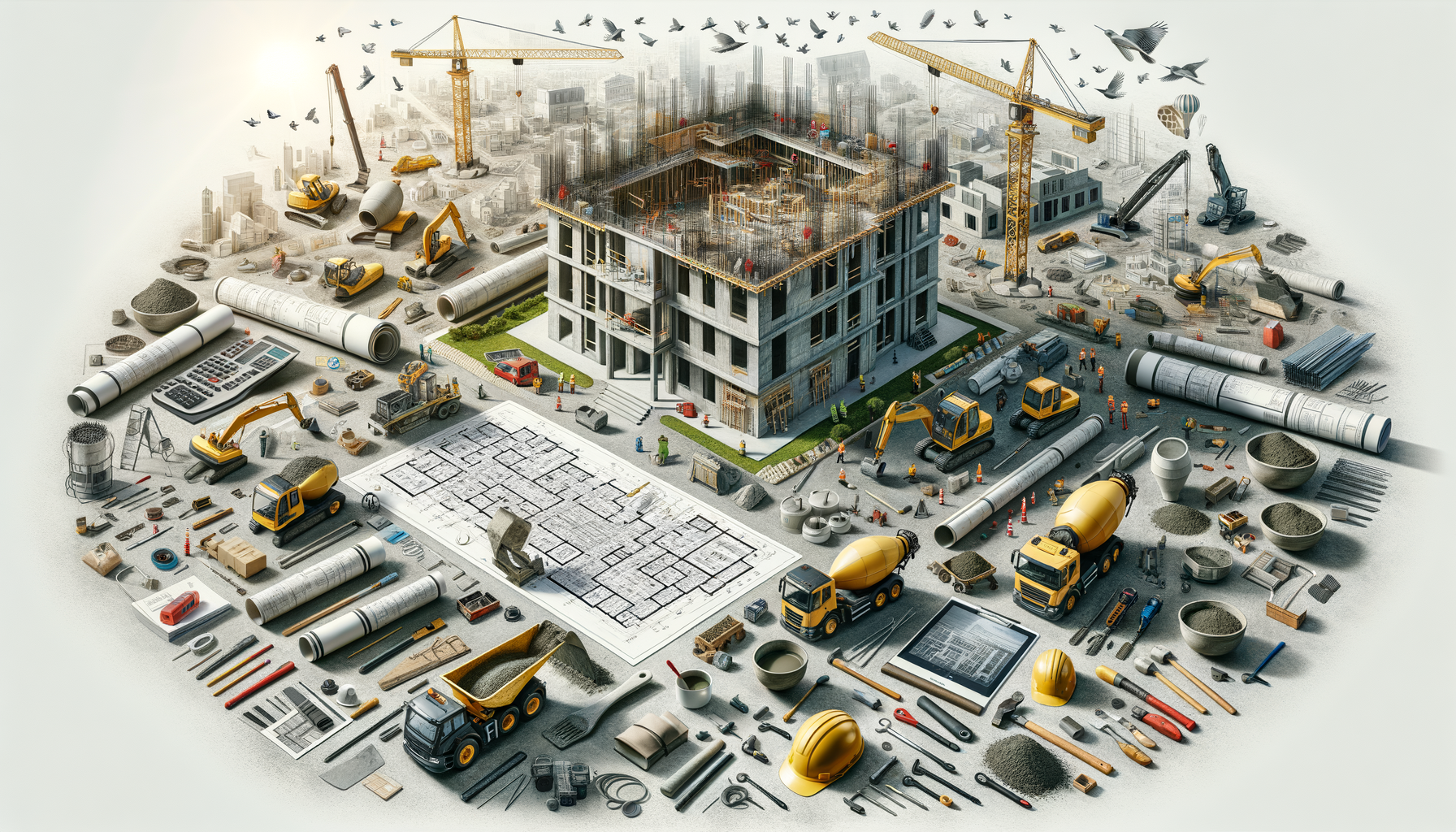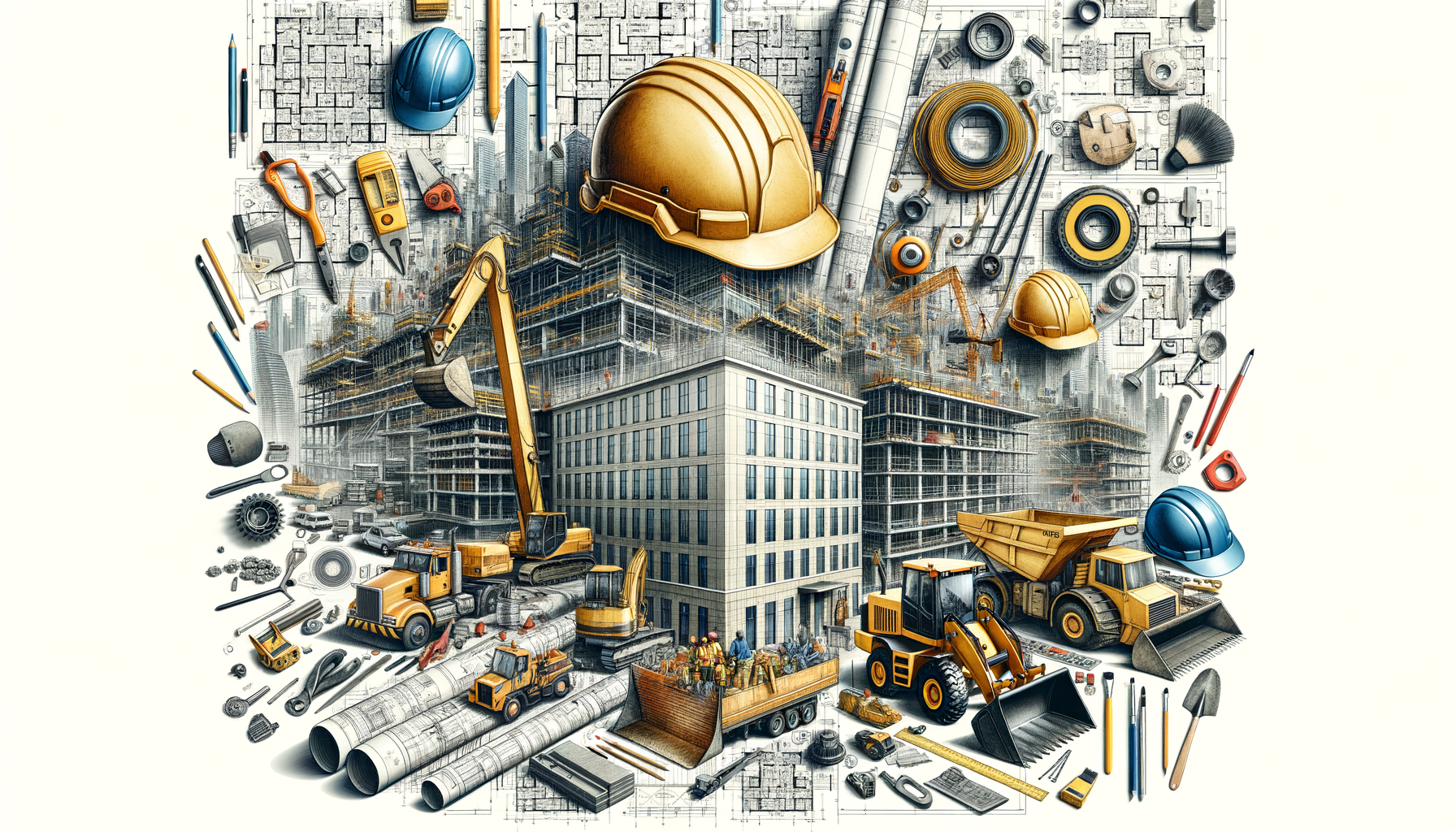Introduction to HVAC Systems
Heating, Ventilation, and Air Conditioning (HVAC) systems are integral to modern living, providing comfort and air quality control in residential and commercial spaces. Understanding the importance of regular HVAC maintenance is crucial for ensuring these systems operate efficiently and have a prolonged lifespan. With the right care, HVAC systems can significantly reduce energy consumption and improve indoor air quality, leading to a healthier living environment.
HVAC systems are complex networks composed of various components, each playing a vital role in heating, cooling, and ventilating spaces. The efficiency of these systems directly impacts energy costs and environmental footprint. Regular maintenance is not just about avoiding sudden breakdowns; it’s about optimizing performance and ensuring sustainability. In this article, we will explore different aspects of HVAC maintenance, providing insights into how regular upkeep can lead to significant benefits.
Key Components of HVAC Systems
Understanding the key components of HVAC systems is essential for effective maintenance. The primary components include:
- Thermostats: These devices regulate the temperature by controlling the heating and cooling systems.
- Furnaces: Responsible for heating the air, furnaces are a critical component, particularly in colder climates.
- Heat Pumps: These are versatile components that can both heat and cool spaces by transferring heat.
- Air Conditioners: Essential for cooling, air conditioners remove heat from indoor spaces.
- Ductwork: This network of ducts distributes conditioned air throughout the building.
- Ventilation: Ensures fresh air circulation and removal of stale air.
Each component requires specific maintenance tasks to ensure optimal performance. For instance, thermostats should be checked for proper calibration, while air conditioners need regular cleaning to prevent dust buildup. By understanding these components, property owners can better appreciate the importance of comprehensive maintenance strategies that address each part of the system.
Benefits of Regular HVAC Maintenance
Regular HVAC maintenance offers numerous benefits, ranging from improved efficiency to cost savings. Some of the key advantages include:
- Enhanced Energy Efficiency: Well-maintained systems use less energy, reducing utility bills.
- Extended Lifespan: Regular upkeep prevents wear and tear, prolonging the life of the equipment.
- Improved Air Quality: Clean filters and ducts ensure better air quality, reducing allergens and pollutants.
- Reduced Risk of Breakdowns: Routine checks can identify potential issues before they lead to costly repairs.
- Compliance with Warranty Terms: Many warranties require regular maintenance to remain valid.
These benefits highlight the importance of scheduling regular maintenance checks. By investing in professional maintenance services, homeowners and businesses can ensure their HVAC systems operate efficiently and reliably, providing comfort and peace of mind.
Common Maintenance Tasks for HVAC Systems
Several routine tasks are essential for maintaining HVAC systems. These tasks include:
- Cleaning and Replacing Filters: Dirty filters restrict airflow, reducing efficiency and air quality. Regular cleaning or replacement is necessary.
- Checking Refrigerant Levels: Proper refrigerant levels are crucial for efficient cooling. Low levels can indicate leaks that need addressing.
- Inspecting and Cleaning Coils: Evaporator and condenser coils should be cleaned to ensure efficient heat exchange.
- Examining Thermostat Settings: Ensuring the thermostat is set correctly can prevent unnecessary energy use.
- Inspecting Ductwork: Checking for leaks or obstructions in the ductwork ensures efficient air distribution.
By performing these tasks regularly, property owners can avoid many common problems associated with HVAC systems. Professional service providers can offer comprehensive maintenance packages that cover these essential tasks, ensuring systems remain in top condition.
Conclusion: Prioritizing HVAC Maintenance
Regular HVAC maintenance is an investment in efficiency, comfort, and longevity. By prioritizing maintenance, homeowners and businesses can enjoy the benefits of reduced energy costs, improved indoor air quality, and fewer unexpected breakdowns. As we have explored, understanding the components and maintenance requirements of HVAC systems is crucial for maximizing their performance.
In summary, the importance of regular HVAC maintenance cannot be overstated. By taking proactive measures, property owners can ensure their systems operate at peak efficiency, providing reliable service for years to come. Whether through professional services or personal upkeep, maintaining HVAC systems is a wise decision that pays off in comfort and savings.




Leave a Reply